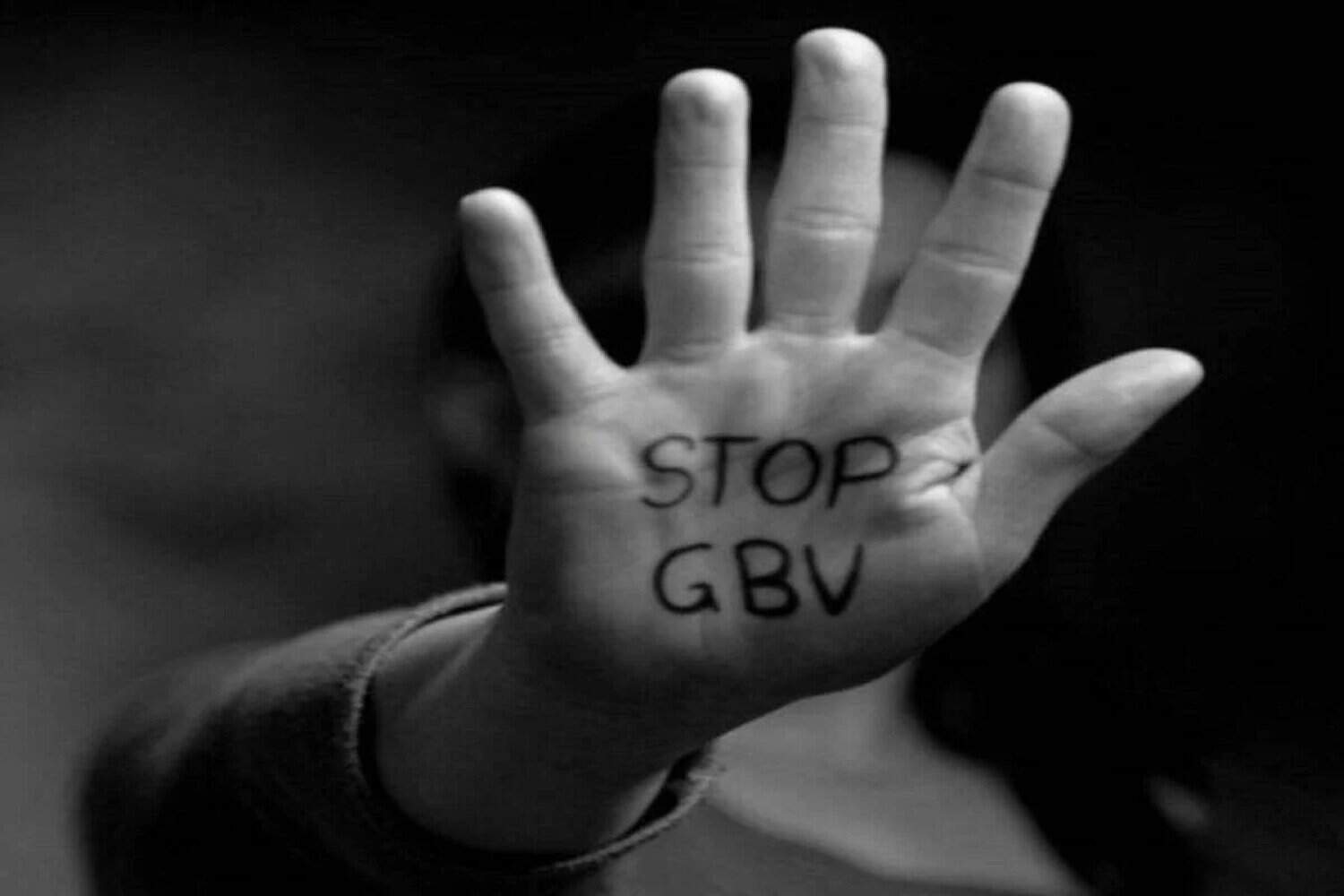The point of contention has been that this is merely "performative activism" which will only be visible and loud on social media.

South African women and members of the LGBTQI+ community are being called upon to participate in a nationwide shutdown on Friday, 21 November, one day before the country hosts the G20 Leaders’ Summit.
The shutdown, organised by Women for Change, aims to fight against gender-based violence and femicide in the country, but has sparked fierce debate on social media about the nature and effectiveness of activism.
The movement has garnered significant public support, with its petition attracting more than 880 000 signatures at the time of publishing on Tuesday afternoon.
Women for Change argues that discussions of growth and progress at the G20 Leaders’ Summit are meaningless while gender-based violence continues to claim lives at an alarming rate.
“Until South Africa stops burying a woman every 2.5 hours, the G20 cannot speak of growth and progress,” the organisation said. “We demand that gender-based violence and femicide be declared a national disaster. Not tomorrow. Not at another summit. Now.”
Women for Change’s demands ahead of G20 summit
The organisation is calling for stricter bail opposition in gender-based violence cases, life imprisonment without parole for those convicted of gang rape, femicide, and child sexual abuse or murder, and immediate disciplinary action against public officials who mishandle cases.
The group is also demanding urgent allocation of resources to implement the National Strategic Plan (NSP) on Gender-Based Violence and Femicide 2025–2030. The NSP was introduced in 2020.
“It is organised around six pillars, which are aimed at prevention of GBV, strengthening the criminal justice response to GBV and providing support, care and healing to survivors of gender-based violence,” according to the Presidency.
Brenda Madumise-Pajibo, director of Wise4Afrika, told The Citizen that the implementation of the NSP has not been successful.
“The biggest obstacle to the implementation of the NSP has been total failure to resource it at the level required and expected.” She said it also failed to “drive the interventions and responses consistently and constantly”.
Understanding the resistance
The shutdown has taken social media by storm, dividing users into two camps. While thousands are in support of the movement, many others have called it pretentious or keyboard warrior activism.
The point of contention has been that this is not true activism, and critics have deemed it as performative activism, which will only be visible and loud on social media.
They argue that when the hype dies down, so will the activism, and that the same numbers seen online may not be reflected on the day of the shutdown.
However, many others have stated that this is what must happen first to publicise, educate and promote the movement, so a change can begin.
GBV activists who have stood in support of the movement have dismissed claims of performative activism.
Declaring GBV a national disaster
Madumise-Pajibo argued that GBV should have been declared a national disaster when the president first referred to it as a pandemic and a national crisis. She noted that many organisations have made this call after the second Presidential Summit on GBVF.
She emphasised the importance of sustained engagement beyond the shutdown itself, saying the goal is to create “an engaged citizenry beyond the 21 November” that will demand accountability from both themselves and those in leadership positions.
Madumise-Pajibo told The Citizen the campaign aims to produce people who stand up against injustice when they witness it, “being upstanders when a woman is victimised, when a woman is sexually harassed in the workplace, in the church, in a taxi or taxi rank”.
Lisa Vetten from the Gauteng Care Crisis Committee offered a more cautious perspective on declaring GBV a national disaster.
“My research and day-to-day work with NGOs suggests that government is struggling to effectively implement much of the existing legislation and policy addressing GBV (like the NSP). And because the economy is also struggling, the infrastructure and resources needed to support key interventions are also not available. Declaring GBV a national disaster is unlikely to address these two problems,” Vetten explained to The Citizen.
She noted that many women are already being hurt economically because they comprise the majority of the unemployed, and that for women whose livelihoods are survivalist and precarious, a day out of work is unlikely to be something they can afford.
However, for women in full-time employment or who have a steady income, one day may not hurt them economically.
Vetten stressed the need for thorough assessment, saying, “What would be important for the future is a thorough assessment of what has worked, what has been ineffective, and why.
“That kind of analysis would help identify targeted, effective strategies for civil society and the state. We would also need to think about what will help the legal system function better, how social care can be strengthened and supported, what is likely to prevent violence, and how more women can have access to decent work and incomes.”
How to participate
According to Women for Change, anyone, including men, can take part in the shutdown on 21 November 2025 by withdrawing their labour for the day, both paid and unpaid.
Participants are also encouraged to refrain from spending money and withdraw from the economy for the entire day.
The organisation is calling for a 15-minute standstill at 12pm, where participants lie down to honour the 15 women murdered every day and bring South Africa to a complete halt.
Women for Change has urged its supporters to share information widely, using the hashtag #WomenShutdown, to make the movement impossible to ignore.
On the day of the shutdown, participants are encouraged to wear black as a symbol of mourning and resistance.
They are also encouraged to change their profile pictures to purple to make the shutdown visible online.
@thesihlendaba Thank you so much for the support fam💜 Let’s continue spreading the word and signing the petition @womenforchange.sa ♬ original sound – Sihle Ndaba
On Monday night, many students in Braamfontein took to the streets to show their solidarity for the movement.
ALSO READ: Police arrest over 500 suspects for rape, sexual assault within a week
Government response: ‘Our guests are coming, hold yourselves’
Although the shutdown will be a day before the G20 Summit starts, Gauteng Premier Panyaza Lesufi has warned against any disruptions.
“We are calling on those who are hell-bent to disrupt this event and do wrong things. Our guests are coming, hold yourselves. Please do not misbehave so that our guests can say we want to come back to Gauteng… as we fight those that peddle lies that our country is not safe,” he said.
READ NEXT: GBV outrage after Tzaneen woman rescued from locked room assault
Support Local Journalism
Add The Citizen as a Preferred Source on Google and follow us on Google News to see more of our trusted reporting in Google News and Top Stories.








